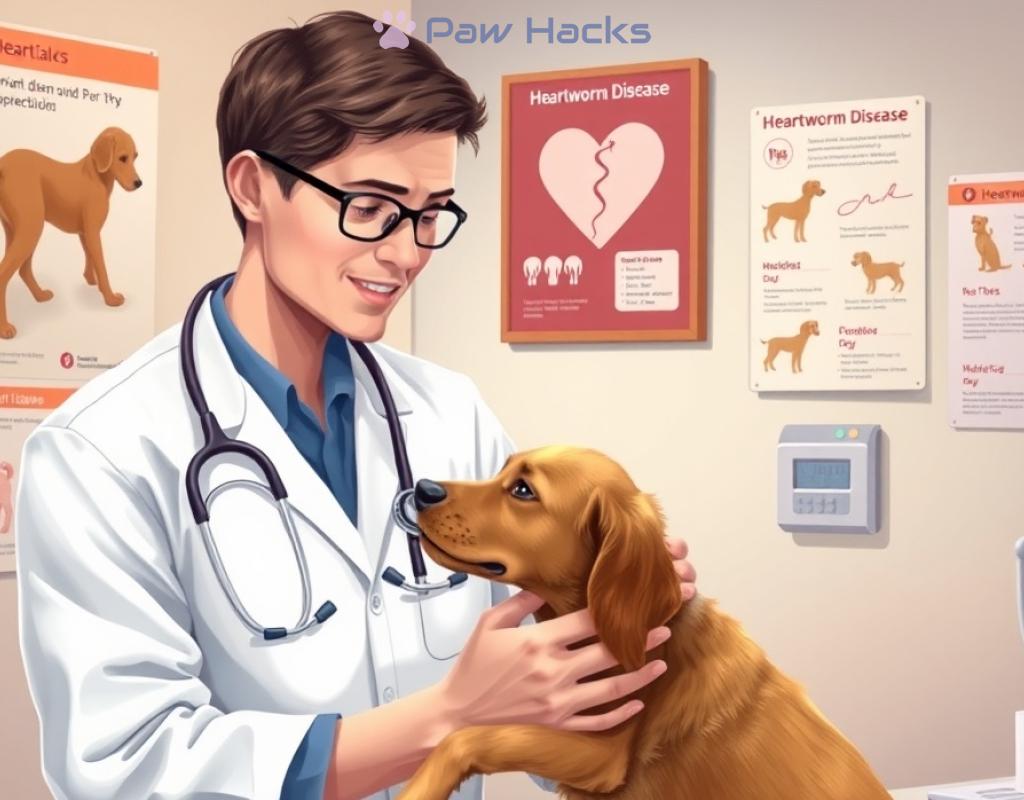Helping Rescue Pets Overcome Trauma
Understanding the Impact of Trauma on Pets

Every rescue pet carries a story, often filled with heartbreak, fear, and uncertainty. Many of these animals come from abusive environments, neglectful situations, or traumatic experiences that leave lasting emotional scars. Understanding the psychological impact of trauma on these pets is crucial in helping them heal. Acknowledging their past is the first step towards providing them a brighter future filled with love and trust.
In fostering an environment of patience and understanding, we can help these innocent souls gradually overcome their fears and learn to embrace the love that surrounds them. It’s not just about finding them a home; it’s about creating a safe haven where they can truly heal.
Steps to Aid in the Healing Process
Rescue organizations and volunteers play an integral role in the rehabilitation of traumatized pets. Below are essential steps that can be taken to ensure these animals receive the care they need:
- Assess the Pet’s Needs: Understanding the individual needs of each animal is essential. A thorough assessment will help determine the right approach for rehabilitation.
- Create a Safe Environment: A calm, quiet space helps the pet feel secure. This can include cozy beds, safe toys, and minimal noise.
- Gradual Socialization: Slowly introducing the pet to new people and experiences can help build their confidence. Positive reinforcement is key.
- Consistent Routine: Establishing a daily routine can provide a sense of stability, helping the pet feel more secure in their new environment.
- Professional Therapy: In some cases, professional help from a veterinarian or animal behaviorist may be necessary to address severe trauma.
Transforming Lives: Inspiring Success Stories
Across the globe, countless rescue pets have transformed from fearful, traumatized beings into loving companions, thanks to the relentless efforts of dedicated individuals and organizations. Each success story serves as a beacon of hope, reminding us of the resilience of these animals and the profound impact of compassion.
Through the combined efforts of volunteers, foster homes, and forever families, we witness the incredible journey of healing. Pets like Max, a once-abandoned dog who now thrives in a loving home, or Bella, a cat who learned to trust after months in a shelter, exemplify the power of love and patience. Their stories inspire us to continue the fight for every rescue animal, showing that with the right help, every pet can find their forever home and live a life filled with joy.
Share this content:



